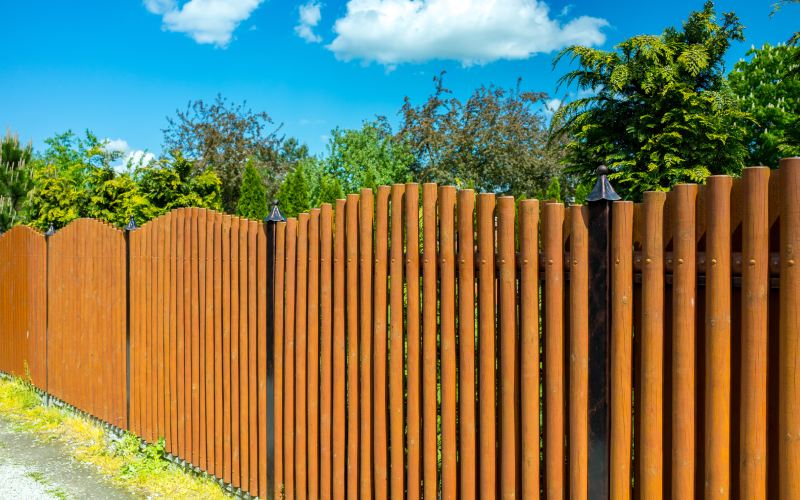It’s time to improve the appearance of your home. Wooden fences are an excellent option to fulfill this dream; you have probably seen a variety of options available in stores. From cedar wood to Douglas fir, there are many options to consider. Look for information about the types of wood that most appeal to homeowners and what aspects to consider before making your decision.
Aspects To Consider Before Selecting The Wood
When choosing a suitable wood, you must consider the different aspects of your area. Some people live in tropical climates, while others live in dry climates. Even houses that are only a short distance apart have different needs. To help you choose the best wood, you must answer the following questions to help you narrow down your choices.
What Is Your Budget?
The budget directly affects the decision-making process of homeowners and, in general, each project. The funding will have an impact on the type of fencing you choose. A flexible and ample budget allows access to higher quality or more elegant wood. Conversely, a lower budget can lead to less expensive but less durable options.
What Is The Weather Like In Your Area?
In-depth knowledge of the weather in your area is necessary. For example, in a rainy environment, you could use a type of wood that is naturally resistant to rot. A climate with sudden temperature changes can demand durable lumber that won’t crack or splinter.
Is Wood Vulnerable To Insects?
Termites and insects can inhabit your fence and damage the natural beauty. Fence posts and panels in the presence of insects should not be pressure treated or lack natural resistance to insects and rot.
The Most Popular Types Of Wooden Fences
Whether you are a homeowner looking for a fence for the first time or a business owner looking to change the look of your home, it is essential to choose fence wood depending on your fencing needs. Here, we will give you some of the most common options on the market.
Western Red Cedar
Western red cedar is one of the best options as it comes with natural insect repellent in natural oils. It has a lovely aroma and is suitable for arid and humid climates.
Pine Tree
It is one of the most common options due to its affordable cost and duration. Pine and fir wood are pressuretreated woods and excellent for various home uses.
Redwood
It is a popular choice for homeowners due to its natural insect-repelling properties and increased durability. Inside the redwood are tannins that provide all the protection homeowners need. It has a soft red color that most woods cannot replicate and, in many cases, can last up to 25 years with proper maintenance.
Cypress
If you are looking for an option that stands out, cypress is your choice; it also has a natural substance against
insects, is resistant to rot, and guarantees a long life. It also has a scent that creates a pleasant atmosphere
on your patio or for anyone who enters your property.

